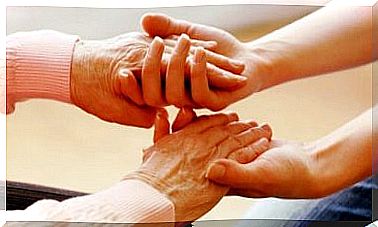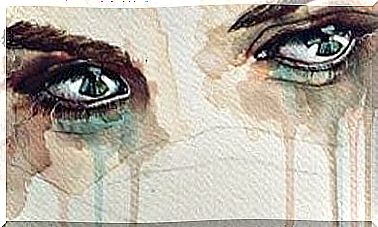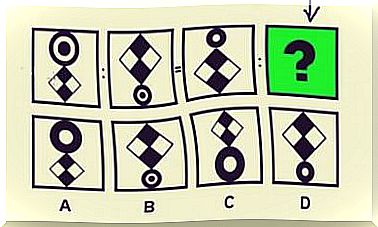Akathisia: I Can’t Stand Still

Nervousness, inability to stay still for a long time, intense need to always be moving, uneasiness and a feeling of dizziness… Akathisia has nothing to do with restless legs syndrome. It is actually a syndrome caused by the side effect of various very specific (and frequently prescribed) drugs .
We often overlook the full extent of the manifestations resulting from drugs, those we are sometimes forced to ingest. So much so that we sometimes think we are suffering from a specific disease when it is actually an effect of this pill for anxiety or this drug for cardiovascular problems.
This causes many people to have certain specific alterations which merge with certain diseases. Akathisia is one of them.
This is a rather unfavorable, bothersome and debilitating manifestation that is often misdiagnosed as restless leg syndrome. However, it would be unnecessary to receive treatment for this neurological disorder.
It is therefore important to always take into account more factors, more origins which result in this uncontrollable need to move. We analyze this below.

Akathisia: symptoms, origin and treatment
Akathisia is basically a movement disorder that prevents a person from standing still. This is a much more intense and problematic situation than restless leg syndrome.
It does not focus on the lower limbs only: the need to move affects the whole body. And not being able to do so generates the despair of those who suffer from it.
Psychological symptoms also appear, as an emotional restlessness is added to this physical restlessness : the anxiety of not being able to stay still to work in a suitable position, of not being able to drive, or of lying down to sleep. This disorder affects people of all ages.
There are cases of patients who have experienced totally surreal situations because they have not received the correct diagnosis. For example, some lost their jobs because they could not concentrate or stay in their place without moving.
Symptoms of Akathisia
The field responsible for the study of this type of alteration is neurology. While it is true that it is quite common to confuse this disorder with restless legs syndrome, we have already pointed out that its symptoms are much broader. So here are the most common features of Akathisia:
- Need to walk and move.
- Tingling and itching in the legs.
- Tilt of the bust.
- Constant tapping of the fingers.
- Itchy skin
- Stress and anxiety.
- Difficulty sleeping
- Panic attacks in the most severe cases.
The origin
We pointed it out at the start. The etiology of this movement disorder is the side effect of certain medications. The origin almost always lies in the treatment based on antipsychotic drugs or of antidepressants such as selective inhibitors of serotonin reuptake (SSRIs).
Manifestations have also been seen with drugs for the treatment of vomiting and dizziness. In addition, it is common for akathisia to develop in patients with Parkinson’s disease due to the dopaminergic treatment itself. It should be noted that this side effect does not appear in all patients.
These manifestations are generally observed when the doses administered are high. It is therefore a condition that occurs in people who take first generation antipsychotics, such as haloperidol , and second generation, such as risperidone .

The diagnosis
The healthcare professional usually thinks that these symptoms may be the effect of psychotropic drugs. Some people have an adverse reaction to conventional antidepressants or even to a pill for dizziness. The diagnostic criteria generally followed to determine the presence or absence of akathisia are as follows:
- Know the patient’s medical history in advance.
- Know when these symptoms started.
- Visual assessment of the person’s movements (Akathisia is often very obvious because it involves constant movement).
- Determine if the patient is suffering from anxiety and stress.
Treatment of Akathisia
Unlike the restless legs syndrome, has k athisie has a good prognosis. It is enough to reduce the dose of the drug or to withdraw it completely by opting for another. The problem is that some patients have to maintain their treatment with high doses of antipsychotics.
Doctors must then assess the possibility of offering another drug with similar properties. it is therefore a matter of trying different options until you find the one that best meets the patient’s needs.
To conclude, knowing this type of disorders and alterations leads us to the obvious. Well-being and health often depend on drug treatments. Nothing can be as dangerous as self-medication. It is therefore essential to always have good medical attention and not to neglect the appearance of possible side effects.










